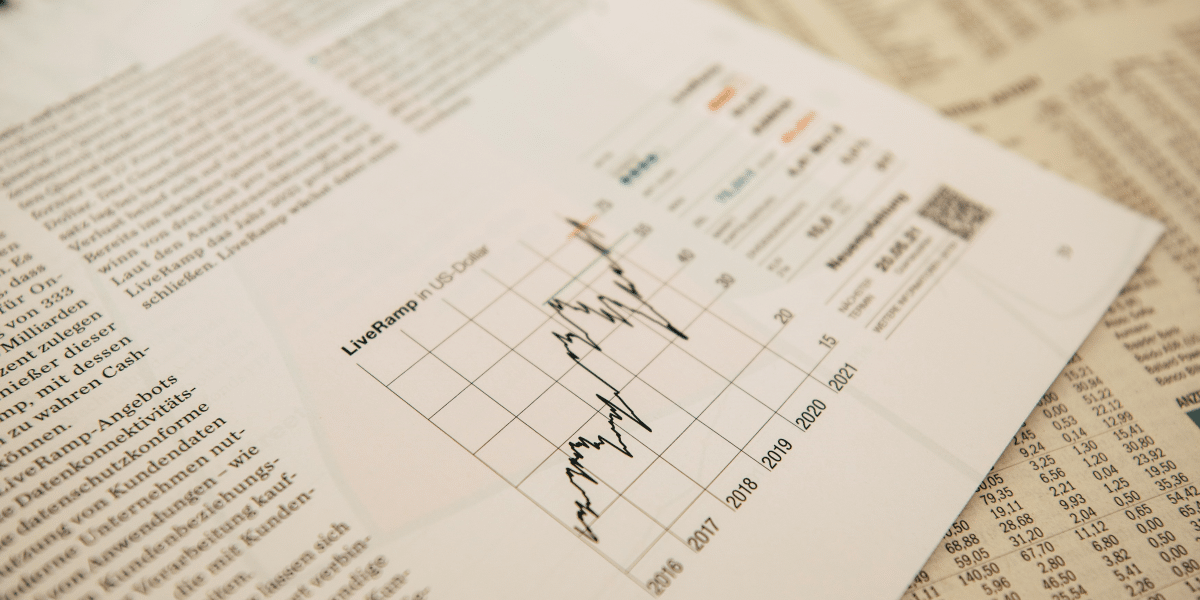Take a look at a world map, and the stark economic divides become obvious. Some nations boast thriving economies and high living standards, while others struggle with extreme poverty and a lack of basic necessities. Have you ever wondered why some countries seem to have hit the economic jackpot while others just can’t catch a break? It’s a complex question, and economists argue about it a lot. Let’s dive into the factors shaping global wealth inequality.
Imagine trying to build a successful business in a place where the rules keep changing, your property could be seized on a whim by some powerful official, and shady deals are how things get done. Doesn’t exactly sound like a recipe for economic success, does it? That’s the reality facing businesses in countries with weak institutions.
Strong property rights are the foundation. Think about it: would you pour your life savings into opening a factory if you were worried the government might suddenly take it over, or a local strongman might try to muscle you out? Probably not. When people and businesses can’t trust that they’ll actually benefit from their hard work, it kills the incentive to invest, innovate, and take risks.
Then there’s the issue of a fair legal system. When courts are corrupt or getting justice is only for those with money and power, it creates a Wild West economy. Why bother signing contracts when you know they’re not worth the paper they’re printed on? Businesses need a predictable way to resolve disputes, or they’re constantly looking over their shoulders instead of focusing on growth. A climate of corruption and unfairness scares off foreign investors too. Who wants to pour money into a country where a bribe is the only way to get things done?
“Think of a well-functioning government like the referees and a rulebook that everyone agrees on. They allow for fair and exciting competition. When things devolve into chaos and unfairness, the game becomes pointless,” observes a political scientist who studies the impact of institutions on economies.
Geography – Luck of the Draw?
Mother Nature doesn’t hand out economic prosperity gift baskets equally. Some countries, through pure geographic luck, have an easier starting point. Imagine farming in a harsh desert versus a fertile river valley – that’s the difference climate can make. Some parts of the world struggle with diseases that decimate their workforce, while others enjoy healthier populations better able to work productively.
Then there’s the resource lottery. Picture a nation sitting on top of vast oil reserves. They’ve essentially got a giant underground piggy bank, while others have to scrape for every dollar. Of course, history has shown that having tons of valuable resources can be a curse as well if it leads to corruption, conflict, and mismanagement.
Location, location, location – it matters in the world of economic development too. Countries with access to the sea or major rivers have always had a leg up when it comes to trade. Shipping goods was historically far cheaper and easier than hauling them across long distances by land. This is why so many major economic powerhouses are located on coasts. Being landlocked presents an extra challenge, as you’re dependent on your neighbors to let your goods pass through their territory to reach markets.
“Geography is like being dealt a hand in a card game,” explains an economic geographer. “You might get some aces, or you might be stuck with a bunch of twos. A skilled player can still win with a bad hand, but it requires a lot more strategic thinking and effort.”
The world map we know today is largely a product of colonialism, with European powers carving up continents, often with little regard for the people who already lived there. While colonialism is officially over, its economic scars remain deep for many nations. Let’s be blunt: many former colonies were treated like giant resource grabs, not places where the colonizer had any interest in fostering a thriving local economy.
Colonizers often imposed systems that benefited themselves, not the long-term health of the colonized country. These systems were geared towards extracting wealth – raw materials, cheap labor – and shipping it back to Europe. Building a diverse, self-sufficient economy that benefited the local population wasn’t on the agenda. This left many former colonies woefully underdeveloped when they finally gained independence.
The artificial borders carved up by colonial powers are another poisonous legacy. These borders often lumped together ethnic and cultural groups with a history of rivalry or simply made no geographical sense. The result? Ongoing conflicts, power struggles, and instability within these nations, making it incredibly difficult to focus on economic development. “You can’t build a thriving economy when you’re worried about a civil war breaking out,” notes an expert on the economic impact of conflict.
It might be tempting for wealthy nations to turn a blind eye to extreme poverty in other parts of the world. But the problems caused by global inequality don’t stay neatly contained within national borders. Here’s why even the richest nations should care about the economic struggles of developing countries:
Desperate poverty is a powerful motivator for desperate actions. When people see no hope for a better future in their home country, they’re more likely to take dangerous risks to migrate elsewhere, even illegally. Think of the overcrowded boats crossing the Mediterranean or the harsh conditions faced by those crossing the US-Mexico border. This puts a strain on border control resources for wealthy nations and leads to humanitarian tragedies.
Economic instability is a breeding ground for extremism and conflict… and in our interconnected world, those conflicts rarely stay local. Wars and civil unrest create refugee flows, which impact neighboring countries. Terrorism fueled by desperation can strike on a global scale. Addressing the root causes of poverty is ultimately a matter of increasing security for everyone.
Think of it like a missed business opportunity on a massive scale. If billions of people are struggling to survive, they aren’t able to buy the goods and services that drive economic growth. Impoverished nations can’t afford to be customers, meaning businesses in wealthy nations are missing out on potential markets. “A rising tide lifts all boats,” explains an international trade expert. “Helping developing nations prosper actually creates more economic opportunities for everyone, even those living in wealthy countries.”
Can Poor Countries Get Richer?
Sadly, there’s no single magic wand to wave that will make a country go from poor to prosperous. Economists may love neat formulas, but the real world of development is messy. Still, history shows us some strategies that increase the odds of success:
Investing in “soft infrastructure” may sound less exciting than building gleaming skyscrapers, but it’s the foundation for a healthy economy. We’re talking about education – getting kids in school and equipping them with the skills they need to be productive workers. Healthy people work better, so ensuring access to basic healthcare is crucial. And let’s not forget things like roads, electricity, and sanitation. It’s hard to attract businesses if your country lacks reliable power.
Good governance is like the operating system of a nation. Curbing corruption, building a transparent legal system, and a government that actually functions well aren’t just morally good; they’re economically vital. Businesses won’t risk investing where the rules are murky and their assets could be seized. “You can have the best economic blueprint in the world, but it’s worthless if the government is rotten at its core,” notes a long-time development worker.
The global economy needs to play fair. For too long, poor nations have been trapped as suppliers of cheap labor and raw materials. To really develop, they need fair access to markets to sell their goods and a chance to move up the economic value chain. It means rethinking trade deals that perpetually favor wealthy nations and giving developing countries a seat at the table.









